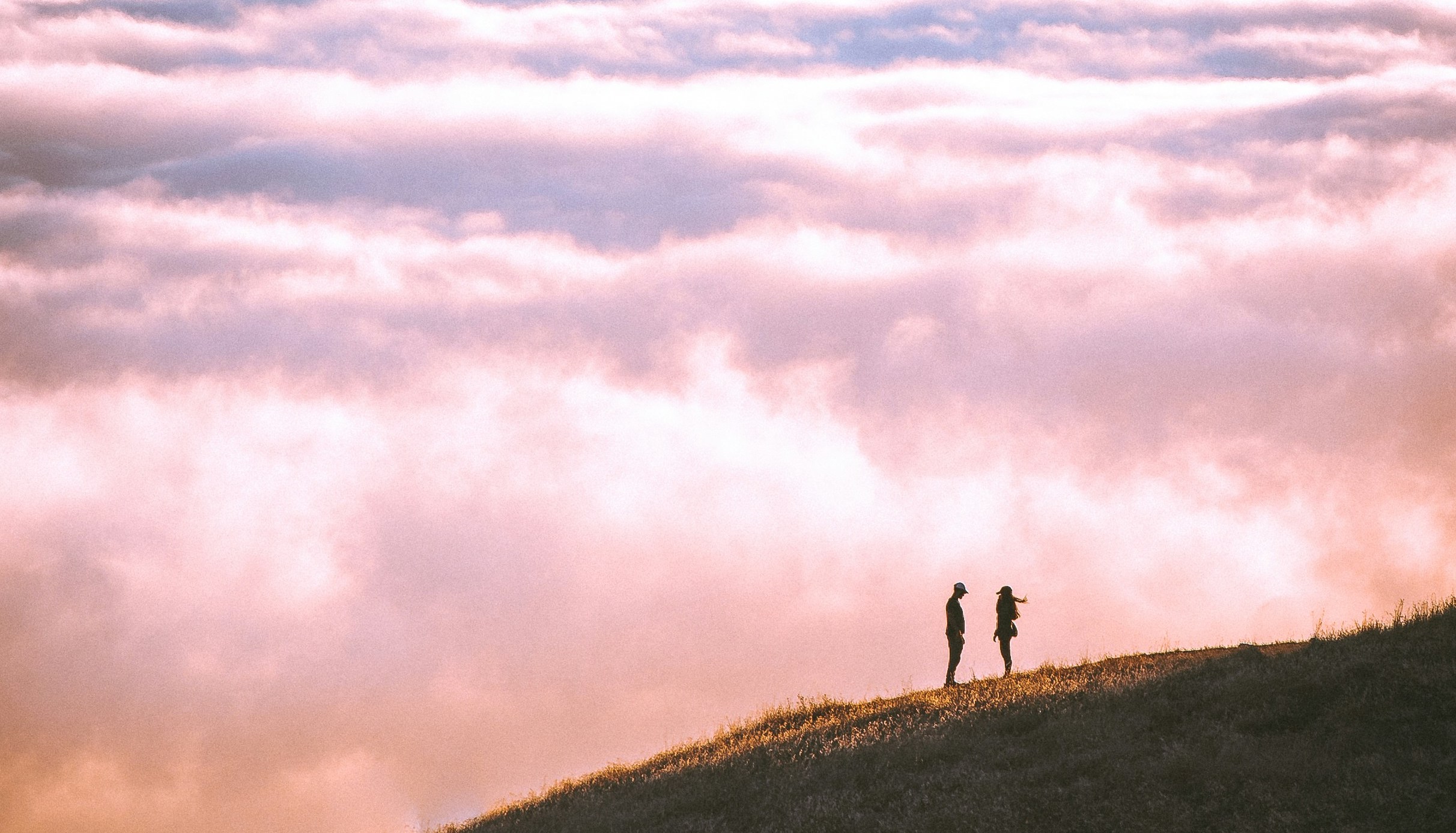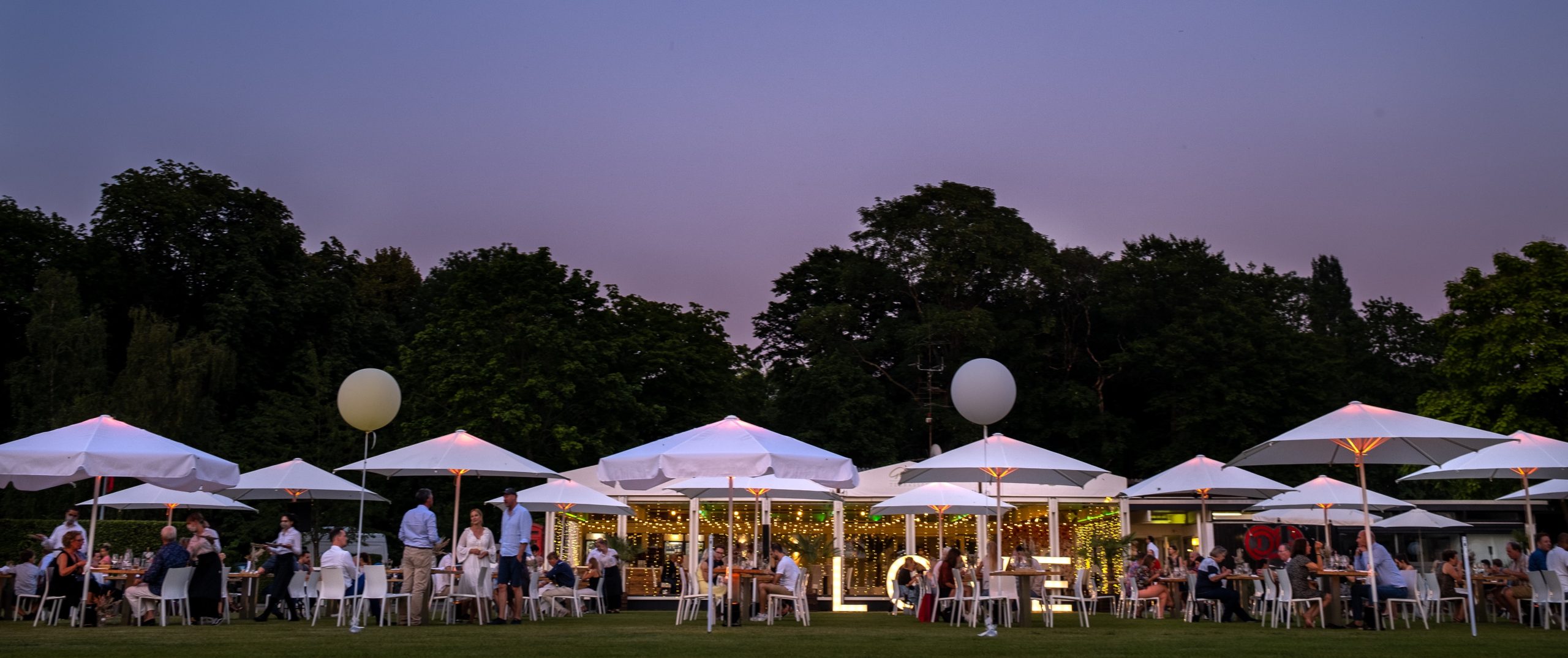Lit Mags
You Look Like a Skoo and You Smell Like One, Too
"Skoo," a love story by Sandra Newman

You Look Like a Skoo and You Smell Like One, Too
Skoo
Once upon a time, I had a terrible marriage. We couldn’t stop fighting. We fought all night. We fought so loudly the neighbors complained. We threw things and called each other “prick” and “cunt.”
Of course it was a very lonely time. The shame was unbearable and black and continuous. We agonized constantly about how to stop it, and the life we could have if we could just get along. But anything we tried would start a fight. Then we’d be screaming like children, throwing things, terrified, in the filthy kitchen that never got cleaned—when you fight like that, there isn’t time for cleaning. Everything’s dirty like your life.
At the tail end of one of these fights, in the little hours, both of us exhausted and sick on adrenalin, fuck you, it’s you who, cunt, prick, idiot—I suddenly saw how absurd it was and said: “Well, you’re a skoo! And whatever you say, you’ll never be anything but a dirty skoo!”—skoo being a word I’d made up on the spot.
My husband got the joke and rolled with it, saying, “Well, you’re a ca! You’re a low-down ca, and that’s all you’ll ever be! A ca!”
We went on for a little while—you skoos are all, you’re like every other ca—both laughing, grateful, all rancor gone. We even believed we’d turned a corner. We’d had an insight that could stop the fights, and we just had to cling to that knowledge.
In the months that followed, we elaborated skoo and ca into a game. The skoo, we decided, was a weasel-like creature. We imagined a whole folk culture of skoos, where skoos told tales of a trickster figure called the Mandrake Skoo. The ca, meanwhile, was a monotheistic bird that worshipped the Great Ca on the mountain. I called my husband “Skoo.” He called me “Ca.” They were the nicknames we used when we were alone, which no one else was supposed to know.
Most of all, we made their cries to each other. The skoo’s cry was, “Skoo!” delivered with a honking plaintiveness. We skooed to each other as if across a distance, a cold swamp in which a skoo could be imagined to be stranded in a rowboat slowly taking on water. He skooed and I skooed back. We also ca-ed, which was higher in pitch, and had a falling note. One might imagine a ca to be plaintively crying from a mangrove tree in that same swamp, where she’s woken alone, confused, bird-brained, and can’t grasp where her mate has gone. My husband would skoo from the other room. I would ca back. Or we would skoo back and forth. Skoo! Ca! Skoo! Ca! It was amazing how it made us feel better; like singing.
But if we spoke in English, we would fight.
We broke up at last and became good friends. We never fought again, as if a spell had been broken. But we also never said “skoo” or “ca.” His name still came up as “Skoo” on my phone, but I never called him “Skoo.” We had other lovers and eventually spouses. That particular closeness had to come to an end.
Then it felt as if “skoo” was a magic that grew more potent with not being used. Our friendship was sacred and powerful because of it. Our friendship was not like anything else.
Here’s another story to explain what I mean. A few days after 9/11, my friend Michael was dancing in a gay club when the power went out. From one second to the next, the room went black. The music cut out and the only sounds were stumbling and muttering and nervous laughter. Soon even these died away. Michael couldn’t stop waiting for the bomb to hit. He had the irrational feeling that the world outside was gone.
Then out of the void, a frail voice sang: “Is this the real life? Is this just fantasy? Caught in a landslide . . . no escape from reality . . . .”
Another voice joined in, and another. Everyone there knew “Bohemian Rhapsody;” soon the whole club was singing along. They sang the song through to its end. Then they filed out together into the night, gently bumping into each other and laughing, and found the city still there, its lights still shining, as if their song had conjured it back.
We reach to each other across the abyss. We try. We skoo. We call across the abyss.
So, essentially, this is a happy life. The worst things happen, but we stand by each other. At bottom, humanity is good, not bad. The ca flies out to the skoo in its rowboat and the two of them paddle together to shore. There are other voices singing in the dark.
My skoo husband died a few years ago. The last time I saw him, we were in a restaurant, and he said to me, “Looking back on our lives, what regrets do we have?” and then he told me his regrets.
He didn’t tell me his heart had gone into tachycardia. He just picked at the terrible pasta dish the restaurant served him, for which they will burn in hell, then went home and told his wife he needed to go to the hospital.
They put him on a ventilator immediately. He never spoke or ate again.
His regrets were not having children and having stayed in academia. I had already known these regrets, of course, because we’d known each other such a long time. I don’t remember what my regrets were. My main regret now is not saving his life, though there isn’t any way I could have saved his life. Still it’s hard not to have this regret.
I’ve recently been in the part of town where this happened, so I went on a pilgrimage to the place and looked at the subway station where I watched him go down the stairs alone.
I can’t believe you can’t save people. I can’t believe you ever hate or harm them. I don’t know how it could really have happened. I want to say it’s not true.








